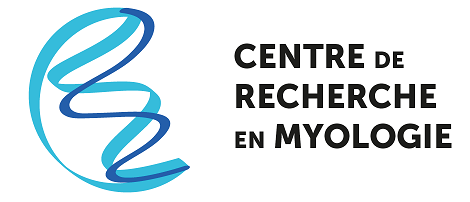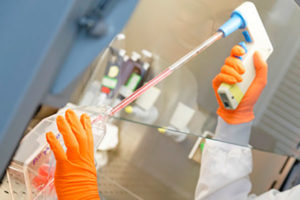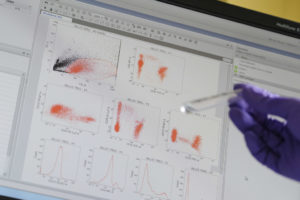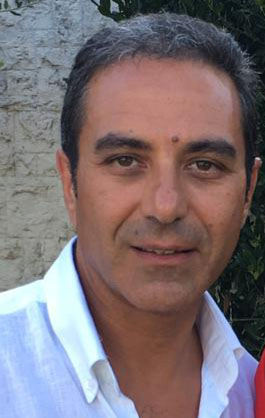Register by email.
Muscle homeostasis and regeneration: From cellular and molecular mechanisms to therapeutic opportunities
Antonio Musarò
Full Professor of the Sapienza University of Rome
Despite a massive body of knowledge which has been produced related to the mechanisms guiding muscle regeneration, great interest still moves the scientific community toward the study of different aspects of skeletal muscle homeostasis, plasticity, and regeneration. Indeed, the lack of effective therapies for several physio-pathologic conditions suggests that a comprehensive knowledge of the different aspects of cellular behavior and molecular pathways, regulating each regenerative stage, has to be still devised. Regeneration is a highly coordinated program that partially recapitulates the embryonic developmental program and involves the activation of the muscle compartment of stem cells, namely satellite cells, as well as other precursor cells, whose activity is strictly dependent on environmental signals. However, muscle regeneration is severely compromised in several pathological conditions due to either the progressive loss of stem cell populations or to missing signals that limit the damaged tissues from efficiently activating a regenerative program. It is, therefore, plausible that the loss of control over these cells fate might lead to pathological cell differentiation, limiting the ability of a pathological muscle to sustain an efficient regenerative process. The basis of muscle regeneration and the impact of cytokines and growth factors on the physiopathology of skeletal muscle will be discussed.
Read more information on Antonio Musarò on his biosketch.



